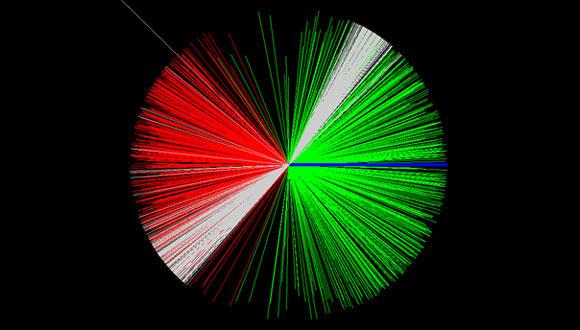Joint Seminar in Nuclear Physics
Zoom: https://tau-ac-il.zoom.us/j/84462144635
PROGRAM:
14:30 - 14:45 - Refreshments
14:45 - 15:45 - "Acurate theoretical predictions of β-decay observables for BSM precision experiments", Ayala Glic-Magid, Hebrew University of Jerusalem
Abstract: Multiple high precision β-decay measurements are being carried out these days on various nuclei, in search of beyond the standard model (BSM) signatures. These measurements necessitate BSM predictions, as well as very accurate standard model theoretical forecasts to be compared with.
Motivated by the experimental surge, we will present a theoretical formalism needed for the analysis of these experiments, with a focus on β-decay observables relevant to experiments currently being conducted, examining how BSM signatures appear in the correlations between the beta and neutrino particles, and in the spectrum of allowed and forbidden decays, which we show to have an increased sensitivity to these signatures.
In addition, we will present a general formalism for a precise calculation of β-decay observables within the standard model, with controlled accuracy, based on a perturbative analysis of the theoretical observables related to the phenomena, including, e.g., high order nuclear recoil and shape corrections. The corrections' accuracy is analyzed by identifying a hierarchy of small parameters, related to the low momentum transfer characterizing β-decays.
Concentrating on nuclei relevant to the ongoing experiments, we will examine highly accurate standard model numerical forecasts of the β-neutrino correlation coefficients and β-energy spectrum for 6He and 23Ne, compare them to existing as well as new measurements (the latter are conducted at SARAF accelerator, Israel), and get significant constraints on the standard model.
15:45 - 16:15 - COFFEE BREAK
16:15 - 17:15 - "Electron for Neutrinos (or why Nuclear physics is so important for the neutrino oscillation program)", Adi Ashkenazi, Tel Aviv University
Abstract: The ability of current and next generation accelerator based neutrino oscillation measurements to reach their desired sensitivity requires a high-level of understanding of the neutrino-nucleus interactions.
These include precise estimation of the relevant cross sections and the reconstruction of the incident neutrino energy from the measured final state particles. Incomplete understanding of these interactions can skew the reconstructed neutrino spectrum and thereby bias the extraction of fundamental oscillation parameters and searches for new physics.
In this talk I will present the recently published results of wide phase-space electron scattering data, collected using the CLAS spectrometer at the Thomas Jefferson National Accelerator Facility (JLab), the reconstruction of the incoming lepton energy from the measured final state is being tested.
Disagreements with current event generators, used in the analysis of neutrino oscillation measurements, are observed which indicate underestimation of nuclear effects. The impact of these findings on bias in oscillation analyses will also be discussed.


